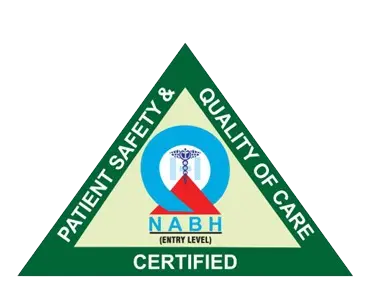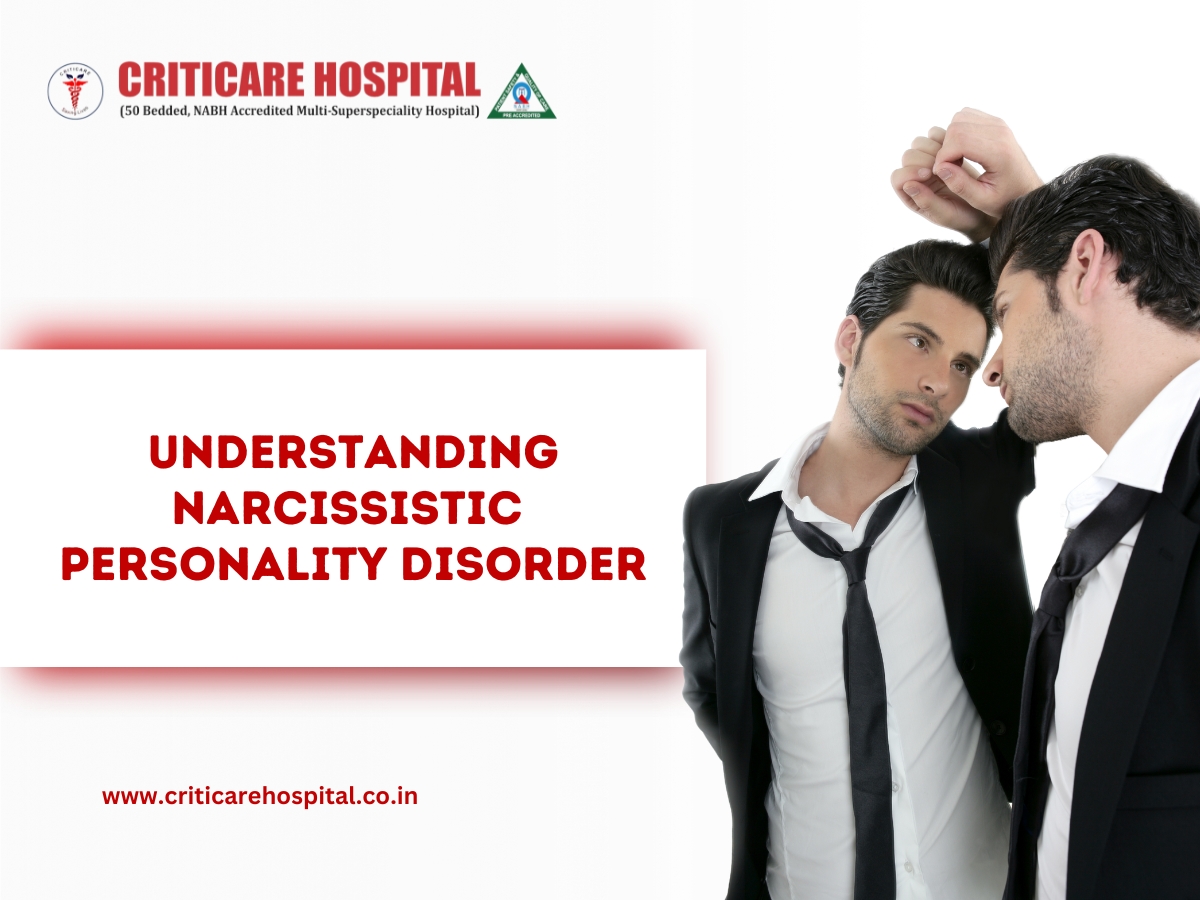This personality disorder is perceived as a mental condition leading to a very inflated sense of self-importance, an insatiable need for admiration, and interpersonal exertions that suggest self-like behavior. Such excessive self-centeredness could be a symptom of a more severe personality disorder.
This blog aims at understanding Narcissistic Personality NPD: the meaning, causes, effects on the self and relationships, and treatment of the disorder. We will maintain friendly and easygoing presentations since mental health should never really be an irritating topic.
What is Narcissistic Personality Disorder?
The disorder centers on an individual having a general disregard for others and an excessively lofty self-perception. The person requires almost constant admiration and attention while having very little regard for the feelings and needs of others.
Such persons can believe that they are somehow better than or special when compared to others. In most cases, the reality and the evidence counter this belief; however, whether that is the case or otherwise. These people might feel entitled to have their entire environment treat them in that same superior way, and they might be very offended when it is not so.
But it is important to know the following:
Under that self-confident, proud, and sometimes even arrogant exterior behaviour lies a self-esteem so fragile that it easily gets hurt.
Signs That Could Indicate Narcissistic Personality Disorder
Signs of NPD can vary among different individuals, yet the symptoms below are quite common:
- Need for constant praise: Praise is their lifeblood, and they need to hear that they are wonderful 24 hours a day.
- Sense of entitlement: They expect special treatment in every situation.
- Lack of empathy: They cannot place themselves in the shoes of others; feeling sorry for another is foreign to them.
- Exaggeration of achievements: They may lie about or greatly exaggerate their achievements.
- Easily offended: They do not take too well to criticism, and in fact, they may lash out.
- Manipulative behaviour: They may use other people for their benefit.
- Jealous: They often feel envious of others or imagine that others are envious of them.
- Controlling relationships: They might hijack conversations or ignore their partner’s needs.
Remember, all human beings may show these behaviours from time to time and under stressful situations, especially in tough times. If the behaviour persists and interferes with daily living or interpersonal relationships, it could very much be Narcissistic Personality Disorder NPD.
What Defines the Cause of Narcissistic Personality Disorder?
Narcissistic personality disorder is never from a single cause. Like many other conditions, this is thought to result from:
- Genetics: Some people may be born with the personality traits that foster their adaptation to NPD.
- Environment: How someone was raised, especially during the early years of development, may also contribute to Narcissistic Personality Disorder NPD. Another example might be of children who were often overpraised or criticized by their parents all through their childhood, who later develop some narcissistic qualities.
- Child traumas: Exposure to parental neglect, abuse, or even feeling unloved could also have the consequences of a personality disorder of this nature.
Cultural or societal factors: To live in an environment where superficial success (like money, looks, or fame) is highly praised also counts.
How Does This Disorder Affect One’s Daily Life?
Narcissistic personality disorder is not merely a “bad attitude” but has a lot of impact on an individual’s private life, social life, and work life. These include:
- Relationships Issue: People who have NPD suffer rocky relationships due to their lack of empathy. Their constant need to get it all correct or be admired proves to be troublesome to friends, partners, and even family.
- Workplace issues: They usually have trouble working as a team, take criticism poorly, and overrate their abilities, leading to conflicts or job loss.
- Emotional health: Deep down in the many minds with Narcissistic Personality Disorder NPD is insecurity. Anger goes hand in glove with anxiety, depression, and a lack of control when things around do not happen in the way one would like.
Can Narcissistic Personality Disorder be treated?
Yes, but this is generally not the easiest thing.
One of the major obstacles to successful treatment for Narcissistic Personality Disorder is that the person often doesn’t feel that anything is wrong with them. Most cases that present for assistance arrive after some unforeseen condition has changed their life, such as the end of a relationship, being unemployed, or going through a period of clinical depression.
Psychotherapy is a process whereby the patient interacts with a psychologist or psychiatrist to understand the roots of his/her behavior, work on self-esteem issues, and improve the ways he or she relates to other people. In this process of therapy, slowly and gradually, the narcissist will learn about himself or herself and become more empathetic towards others.
Besides, in some instances, the patient with NPD can be prescribed medication to help with depression or anxiety, but not to treat the NPD.
Can someone with NPD change?
Yes, change can happen, but it takes time and effort on the part of the individual willing to change. It is not about a total change in a person’s personality but rather helping the person to do the following:
- Find sane ways to think about themselves and others
- Grow stronger and balanced relationships
- Learn to handle criticism or failure without reacting in anger or shame
This, along with any mental health issue, stands to be greatly helped by the support one receives from loved ones and the therapist.
How to Deal With Someone Who Has NPD
Working to help someone you believe to have NPD, partner, parent, friend, or employer has a way of draining one’s energy. Therefore, here are some pointers:
- Set boundaries: Be clear about what is acceptable and what is not. Never allow emotional manipulation or verbal abuse.
- Don’t take it personally: Their actions speak about them, not about you.
- Don’t argue: Trying to convince will just invite conflict. Remain calm and focus on facts.
- Encourage professional help: Suggest therapy in a gentle manner; it would really help if their actions cause a serious mess.
- Mental health comes first: If you feel overwhelmed, talk to someone. Your health matters just as much.
Misconceptions about narcissism
Here are a few myths worth clearing up:
- “Any confident person is a narcissist”: False. Confidence is healthy. NPD is about arrogance and a lack of empathy.
- “Narcissists are in love with themselves.” Some people with NPD have very low self-esteem and come to doubt their worth.
- “Narcissism cannot be treated” It can, with the right help and therapy.
- “They’re just bad people”: No. Many people with NPD are struggling with a very real mental illness. This mental illness does not condone their bad behaviour, but it does give us insight into it.
Final Statements:
At Criticare Hospital, we openly feel that mental health discussions are among the most vital things we can do as a community. Narcissistic Personality Disorder may sound horrible or complicated, but it is just one of many disorders that people have in thinking, feeling, and relating to others. Final words: There is hope. There is help. The greatest thing is that you don’t need to combat a difficult relationship, low self-esteem, or even any behaviour that hurts you or others by yourself. We are here for you with our mental health team in therapy, counselling, or just to talk for the sake of communication. If that speaks to you or someone important to you, inquire today.




